Honorary Mention
Community intelligence for mosquito-borne disease preparedness and response
Vector management is the main method for tackling many of the world’s most burdensome infectious diseases, such as malaria and dengue. Effective methods of targeting mosquitoes that transmit pathogens saves lives and protects the health of millions. Mosquito Alert brings citizen science and digital technologies to encourage cost-effective and sustainable vector management, fostering intersectoral communities, and adding operational tools that work locally while offering global solutions.
Data is collected by citizens using a mobile phone app and validated by an international network of entomologists. Results are shared using open science protocols. Collaborations are constantly sought to improve and transfer knowledge for a common benefit. This open innovation initiative has advanced the knowledge of mosquitoes as disease vectors by mapping population distributions, discovering species of concern in new regions, and constantly adjusting the fitness for use of our citizen science methodologies.
Download the spartphone app: iPhone | Android
Participation statistics and a public interactive map can be found within the Mosquito Alert Data Portal. The Mosquito Alert Data Portal provides a single entry point for information compiled by Mosquito Alert. Its aim is to serve the needs of those seeking detailed information on updated time series data collected by Mosquito Alert.
Jury Statement
Effective methods of targeting mosquitoes that transmit pathogens can save lives and protect the health of millions. Mosquito Alert brings citizen science and digital technologies to encourage cost-effective and sustainable vector management, fostering intersectoral communities, and adding operational tools that work locally while offering global solutions. This open innovation initiative has advanced the knowledge of mosquitoes as disease vectors by mapping population distributions, discovering species of concern in new regions, and constantly adjusting the fitness for use of our citizen science methodologies.
European Union Prize for Citizen Science Jury 2023 (Kat Austen, Lewis Hou, Pedro Russo, Andrea Sforzi, Stefanie Wuschitz). View full Statement here.
Credits
Mosquito Alert is possible thanks to funding and resources provided by european research networks (e.g. COST Action, INOVEC), collaborative european projects (e.g. HMIP-ERC project, E4Warning, IDAlert, VEO), national funding schemes (Spanish National R&D Plan, including FECYT projects; Dipsalut tenders, Spain; Barcelona City Council R&D calls, Spain; Spanish Ministry of Health R&D contract; OH-PACT, NWO, Netherlands) or private funding schemes (e.g. Big Mosquito Bytes, la Caixa Foundation, Spain).
Also, several local, regional, national and international institutions and professionals have been or are committed to the Mosquito Alert initiative, by giving support in data collection, data validation, data and resources sharing, public engagement, dissemination, influencing public policy, surveillance and control activities, including the entomologists that integrate the Spanish Network for Digital Entomology and the European Network for Digital Entomology from Mosquito Alert.
Biographies

Mosquito Alert
Mosquito Alert (INT) started in 2012, when Frederic Bartumeus (half biologist, half physicist and an enthusiast of movement science), Aitana Oltra (environmental scientist and GIS expert) and John Palmer (sociologist working on human mobility and disease ecology) decided to join efforts to set-up a new citizen science project aiming at exploring alternatives to expensive and time-consuming traditional surveillance and control programmes for the invasive Asian tiger mosquito. The initiative was launched in 2013 as a pilot program in some Spanish schools. In 2014 it was relaunched for participation by adult citizen scientists anywhere in the world, but still with a focus on tiger mosquitoes in Spain. In the following years, more target species were added. The app was translated into 20 languages together with a push for geographic expansion, especially at the European level. Currently, an international network of >90 entomologists and several regional, national and international entities collaborate with the project and help implement it at an European scale. The project is coordinated from Spain by an interdisciplinary team of entomologists, IT and communication experts.
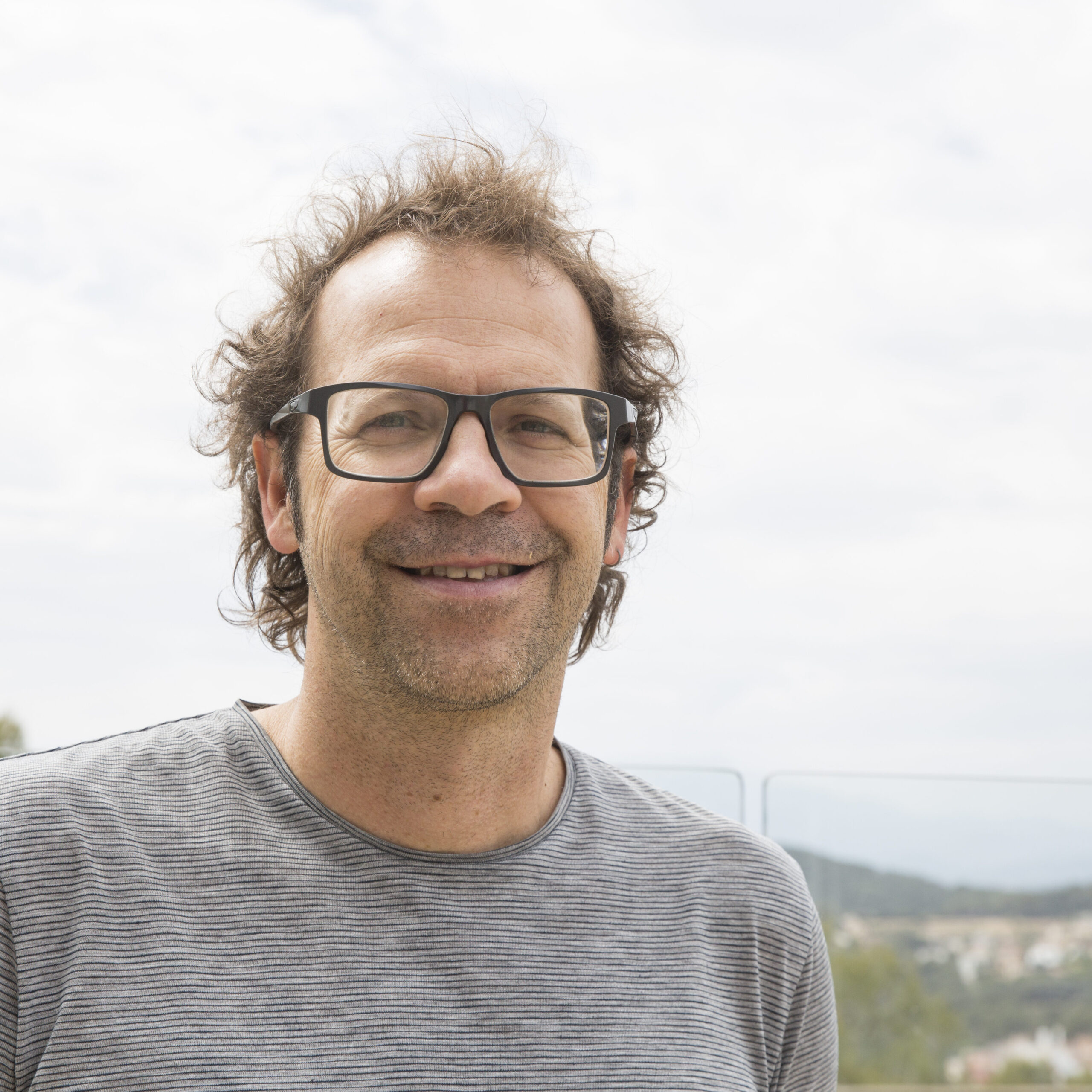
Frederic Bartumeus
Frederic Bartumeus (ES) is a an ICREA Research Professor in Computational and Theoretical Ecology at CEAB-CSIC and holds an associate research position at CREAF. His research interests focused at theoretical and computational ecology, animal behaviour, movement ecology, vector-borne diseases and model organisms. He co-directs Mosquito Alert.

John Palmer
John Palmer (ES/US) is an associate professor in the Department of Political and Social Sciences at Universitat Pompeu Fabra, where he is a member of the Sociodemography Research Group and the Interdisciplinary Research Group on Immigration. His research explores human mobility, inequality, and health from the perspectives of multiple disciplines, including sociodemography, ecology, and law. He co-directs Mosquito Alert.

Alex Richter-Boix
Alex Richter-Boix (ES) is a team member of Mosquito Alert and currently contributes to the coordination of several scientific projects. His background in ecology and evolutionary sciences has led him to participate in research related to invasive species and local adaptation. In Mosquito Alert, he plays a crucial role in developing the project’s scientific and outreach strategies.
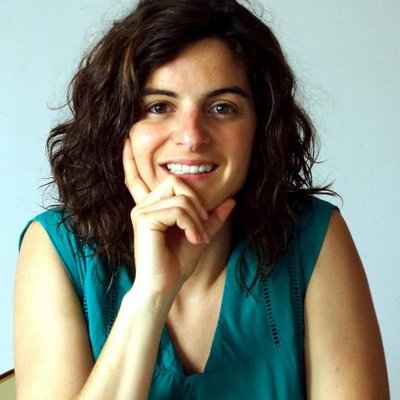
Aitana Oltra
Aitana Oltra (ES) is scientific coordinator and co-founder of the Mosquito Alert citizen science project. Graduated in environmental sciences, expert in geographic information systems (GIS) and European master’s degree in water and cost management. Experience in the implementation of citizen science, innovation and open science, as well as management of research and innovation projects and initiatives.
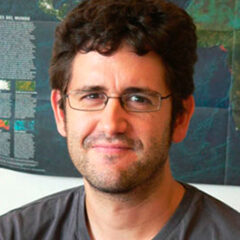
Agustí Escobar
Agustí Escobar (ES) has a degrees in both Biology (Universitat Autònoma de Barcelona, 1997) and Computer Systems Engineering (Universitat Oberta de Catalunya, 2012). He works as a technician at CREAF, where he develop and maintains web applications with a strong geospatial flavour and infrastructure. His interests include open source software, citizen science, data visualization, geodatabases and web app development.

Roger Eritja
Roger Eritja (ES) is the manager of Entomology at Mosquito Alert. He has a 39-year background at the Mosquito Control Service of the Baix Llobregat, the Barcelona University, CREAF and presently at CEAB-CSIC. His competences cover most areas on mosquito research and control, focusing mainly on ecology of invasive species and their interactions with humans, and the development of sustainable control methodologies. He’s authored more than 60 peer-reviewed articles, is a member of most scientific mosquito societies worldwide, and has served as expert for ECDC, WHO-E and the government of Spain.

Živko Južnič-Zonta
Živko Južnič-Zonta (ES/SI) is a data engineer with an interdisciplinary approach to problem-solving in a scientific and engineering context. He designs and develops data storage architecture, data pipelines, and ETL operations. He also has experience in data visualization, ensuring data quality and security, and designing reputation systems for crowd-sourcing multi-label human annotation tasks. He has worked as an environmental engineer in wastewater treatment plants.
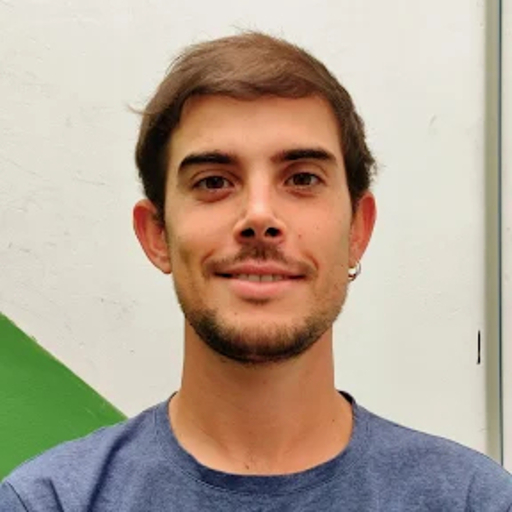
Enric Pou
Enric Pou (ES) is interested in both creating cutting-edge solutions based on machine learning and integrating them into services to be used at large-scale. He has done research in the audio engineering field, collaborating with the Music Technology Group (Pompeu Fabra University) on two exciting industrial projects. He has also experience developing and deploying platforms in the cloud. Currently, he is in charge of the new MosquitoAlert platform’s architecture, design, and development. He is excited to integrate innovative solutions to extract knowledge from real-world problems.
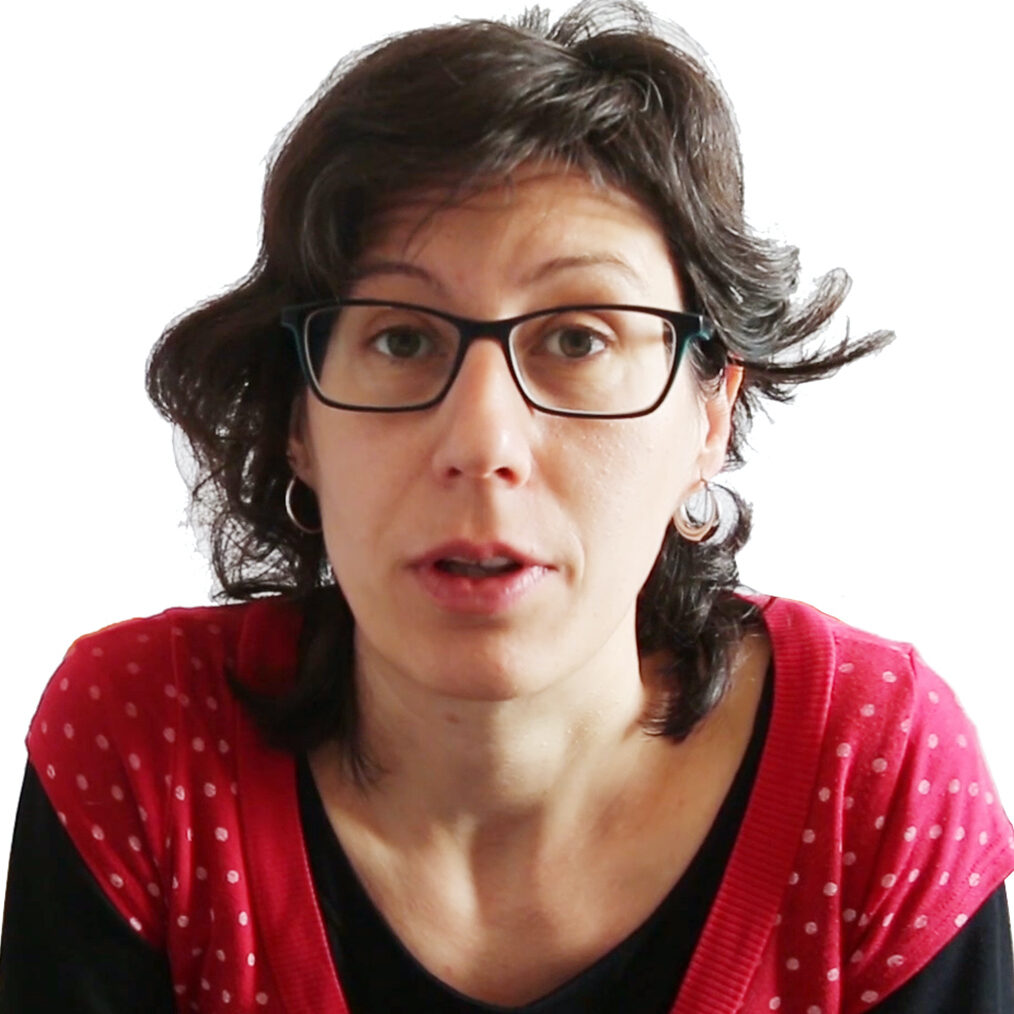
Isis Sanpera Calbet
Isis Sanpera Calbet (ES) is a postdoc and field sampling technician at the Universitat Pompeu Fabra (Barcelona), participating within the Human-Mosquito Interaction Project. Her work mainly consists of the sampling and identification of mosquitoes in the Barcelona area to analyse their spatio-temporal distribution; these data are used to model the risk of human exposure to mosquitoes that are vectors of diseases. Also working on the networks of interactions between the tiger mosquito and humans through their bites. She is a team member of the Mosquito Alert (MA) project from 2020 and part of the ReNED.
ResearchGate | ORCID | ReNED
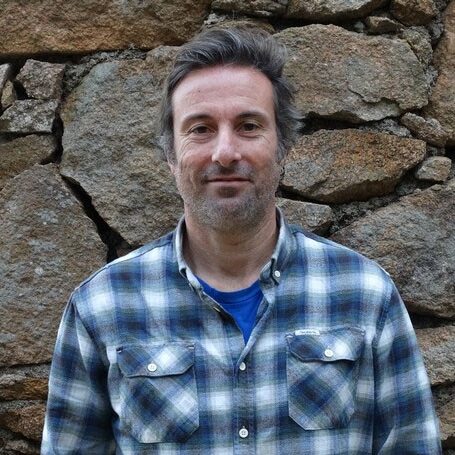
Simone Mariani
Simone Mariani (ES/IT) is a scientific technician in the Centre d’Estudis Avançats de Blanes (CSIC). He is the person in charge for the Girona area of both the field work and data collection for those projects about mosquitoes in which Mosquito Alert is involved.

Ariadna Peña (ES)
Ariadna Peña (ES) graduated in environmental sciences from the University of Girona in 2018, and director of the Environmental Association „Xatrac“ since 2021. I have been part of the educational team of Mosquito Alert since its inception, designing content, coordinating schools in different parts of the territory and running sessions with students. In addition, I also collaborate as a scientific disseminator of the project, taking the educational part to science fairs or similar.
Monika Falk
Monika Falk (ES/PL) is an IT professional with a strong background in web development and artificial intelligence. She holds two master’s degrees, one in Computer Science with a specialization in Multi-media Technologies and Artificial Intelligence Methods, and another in Environmental Engineering with a specialization in Heating, Ventilation, and Atmosphere Protection. Monika is particularly passionate about using her expertise in AI for social good and has experience working on projects focused on this mission. Her recent work has focused on computer vision, neural networks, and data science.






